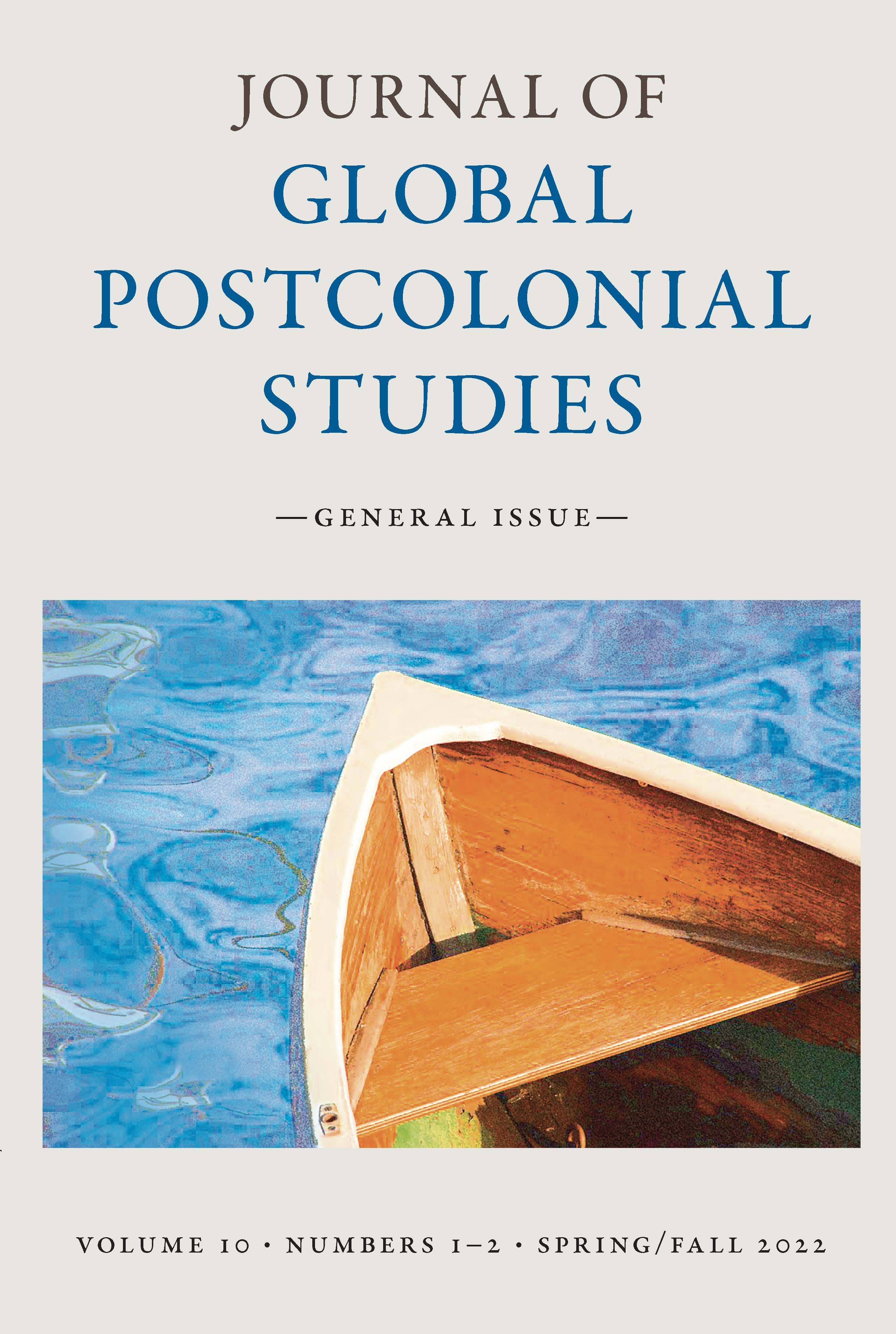South American Joyce Polysemic Words and Vulgar Language in Brazilian Translations of Ulysses
Main Article Content
Abstract
Several translations of the novel Ulysses by James Joyce exist in a variety of languages, even, recently, Chinese. It was published in 1922 and it was thereupon translated to German, French, and even Polish and Czech. One might be surprised to learn that three translations of the Irish novel have appeared in Brazilian Portuguese, with a fourth one planned to be published later this year. Unfortunately, the circumstances and the translators behind these publications have scarcely been considered outside of Brazil. Discussing these aspects highlights this marginalized country’s perceptions and contributions to the divulgation of Ulysses to Brazil along the years. I, thus, analyze the three Brazilian translations of the novel and their usage of polysemic words and vulgar language as I investigate them according to Lawrence Venuti’s concepts of domesticating and foreignizing translations. Analyzing the three Brazilian translations in terms of their foreignizing and domesticating traits is to address current transnational concerns in the fields of modernism, postcolonial literature, and translation, as a dialogue is brought to the forefront concerning possible connections and bridges the translators might have established between the two cultures and languages. This transnational trait is specifically important to marginalized cultures in order to highlight their contributions to Western novels, furthering, thus, the necessity and importance of understanding other perceptions of literary movements, in this case, modernism.

